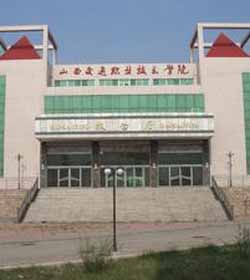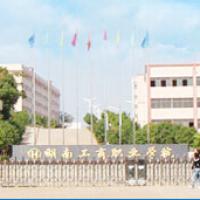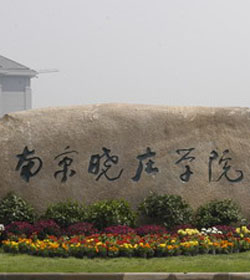2016年12月大学英语六级考试阅读练习题(2)
2016-07-13 10:23:42am
There are various ways in which individual economic units can interact with one another. Three basic ways may be described as the market system, the administered system, and the traditional system.
In a market system individual economic units are free to interact among each other in the marketplace. It is possible to buy commodities from other economic units or sell commodities to them. In a market, transactions may take place via barter or money exchange. In a barter economy, real goods such as automobiles, shoes, and pizzas are traded against each other. Obviously, finding somebody who wants to trade my old car in exchange for a sailboat may not always be an easy task. Hence, the introduction of money as a medium of exchange eases transactions considerably. In the modern market economy, goods and services are bought or sold for money.
An alternative to the market system is administrative control by some agency over all transactions. This agency will issue edicts or commands as to how much of each good and service should be produced, exchanged, and consumed by each economic unit. Central planning may be one way of administering such an economy. The central plan, drawn up by the government, shows the amounts of each commodity produced by the various firms and allocated to different households for consumption. This is an example of complete planning of production, consumption, and exchange for the whole economy.
In a traditional society, production and consumption patterns are governed by tradition; every person‘s place within the economic system is fixed by parentage, religion, and custom. Transactions take place on the basis of tradition, too. People belonging to a certain group or caste may have an obligation to care for other persons, provide them with food and shelter, care for their health, and provide for their education. Clearly, in a system where every decision is made on the basis of tradition alone, progress may be difficult to achieve. A stagnant society may result.
1.What is the main purpose of the passage?
A.To outline contrasting types of economic systems. B.To explain the science of economics.
C.To argue for the superiority of one economic system. D.To compare barter and money-exchange markets.
2.In the second paragraph, the word real in real goods could best be replaced by ___,
A.high quality B.concrete C.utter D.authentic.
3.According to the passage, a barter economy can generate ___.
A.rapid speed of transactions. B.misunderstandings. C.inflation D.difficulties for the traders.
4.According to the passage, who has the greatest degree of control in the administered system?
A.Individual households B.Small businesses. C.Major corporations. D.The government.
5.Which of the following is not mentioned by the author as a criterion for determining a person‘s position in a traditional society? A.Family background B.Age C.Religious beliefs. D.Custom
答案:ABDDB
以上就是查字典大学网为同学们带来的“2016年12月大学英语六级考试阅读练习题(2)”内容了,希望看完能够带给大家一些力量,对同学的生活有所启示,更多内容在这里,请继续关注我们。
推荐文章
猜你喜欢
附近的人在看
推荐阅读
拓展阅读
院校推荐
猜你喜欢
行测题库:行测每日一练常识判断练习题08.25
2017国考申论热点素材:中央城市工作会议破解“城市病”
2017国考申论应用文体文风指导:朴实
2017国考申论应用文体文风指导:简练
申论热点:农民“进城不落户”现象
幸福不是努力寻爱,而是安心生活
2017国考行测常识点拨:如何梳理历史上的那些事儿
2016政法干警考试行测备考:三种方法速解不定方程
2017国家公务员考试行测常识判断重点积累:商品经济
2016吉林公务员考试行测必考点讲解:假言命题答题技巧
2017国家公务员考试申论综合分析题答题要义介绍
历年国家公务员考试申论主题变革规律分析
2017国考行测备考:巧解排列组合之隔板模型
2017国家公务员考试行测重点题型攻克之类比推理
历年国家公务员考试行测数量关系经典技巧:整除
申论热点:医生取消编制
2016政法干警考试行测数学运算:做好“搬运工”
2016国家公务员考试行测数字推理的求解技巧



